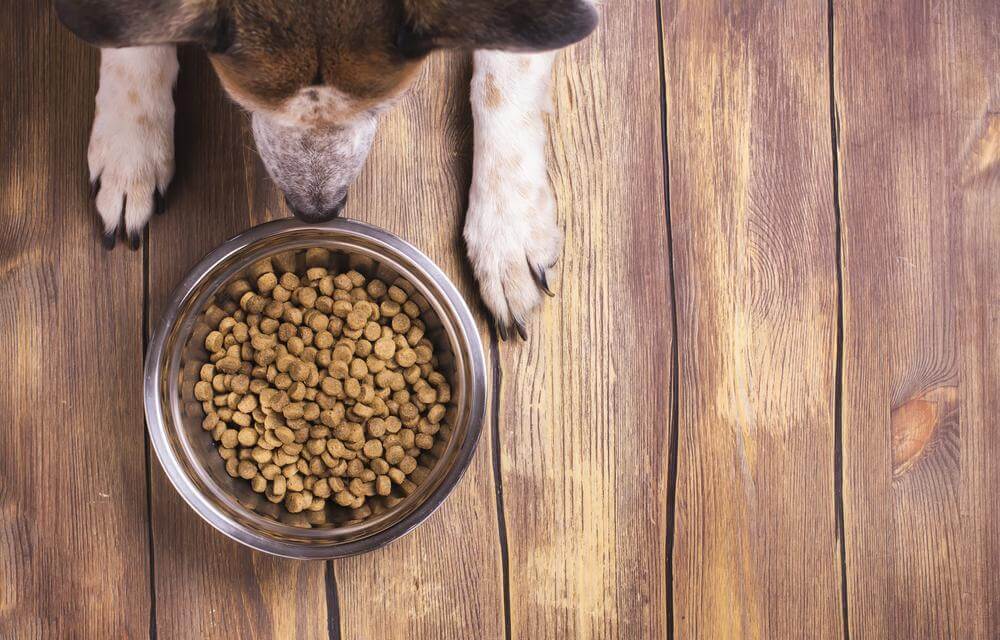Essential Guide to Recognizing and Managing Food Allergies in Dogs
This comprehensive guide provides dog owners with essential information on recognizing, diagnosing, and managing food allergies. It highlights common allergens like beef, dairy, wheat, eggs, chicken, and soy, and explains effective elimination diets and treatment options. Consulting a veterinarian is crucial for proper diagnosis and tailored nutrition plans. Understanding these allergies helps maintain your dog's health and comfort, ensuring a happier life together.

Essential Guide to Recognizing and Managing Food Allergies in Dogs
Understanding Food Allergies in Dogs
If your dog is constantly scratching, shaking their head, or showing signs of discomfort, it could indicate a food allergy. Confirming this can be challenging, so consulting a veterinarian is essential to exclude other causes. While many allergies stem from ingredients in their diet, environmental factors can also trigger reactions. Remember, food intolerance is different from a true allergy. Proper diagnosis and tailored treatment are key to managing your pet's health.
What Are Food Allergies in Dogs?
They occur when a dog’s immune system reacts excessively to certain proteins in their food. While many assume meat is the primary source of protein, grains and vegetables can also cause allergic responses. Any of these ingredients could be the culprit behind your dog's symptoms.
Signs of Food Allergies
Common indicators include gastrointestinal issues, persistent itching, diarrhea, ear infections, and excessive foot licking.
Common Food Allergens in Dog Diets
Beef: A frequent allergen due to its widespread use in pet foods, especially for dogs with long-term diets.
Dairy: Often causes lactose intolerance, leading to gas, diarrhea, and vomiting rather than true allergy.
Wheat: While more common as an intolerance, wheat can sometimes trigger allergic reactions in some dogs.
Eggs: Proteins in eggs may provoke immune responses, causing allergies.
Chicken: Like beef and lamb, chicken is a potential allergen for some dogs.
Soy: Associated with health issues affecting growth, reproduction, and organ function in some cases.
Diagnosing and Managing Food Allergies
An elimination diet helps identify allergens by removing suspected foods and reintroducing them one at a time. Noticing reactions during this process confirms the allergen. Over time, many dogs outgrow allergies or adapt to their environment. For treatment, hydrolyzed diets prescribed by vets or specially prepared home-cooked meals are effective options. Avoid fully hypoallergenic diets, as they are rare, and always consult your veterinarian for personalized advice.









